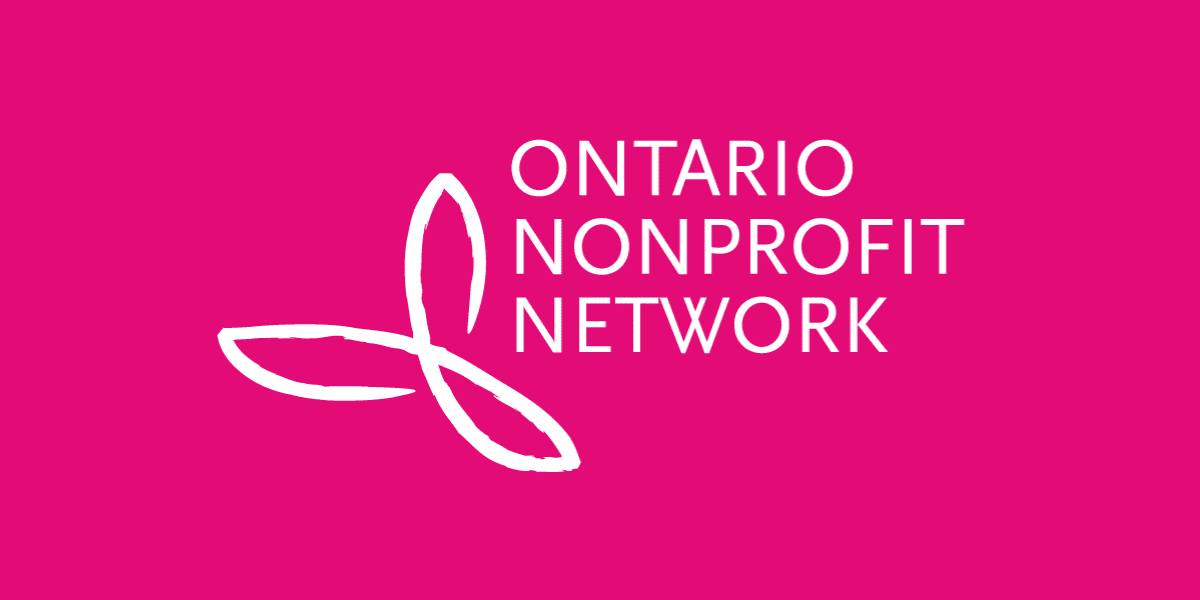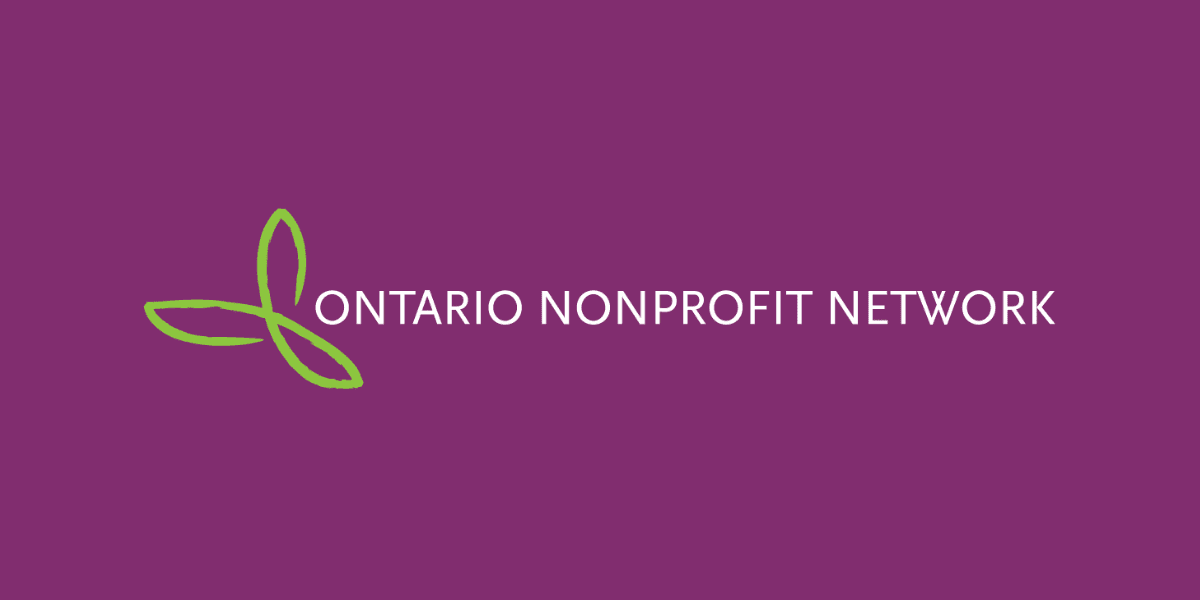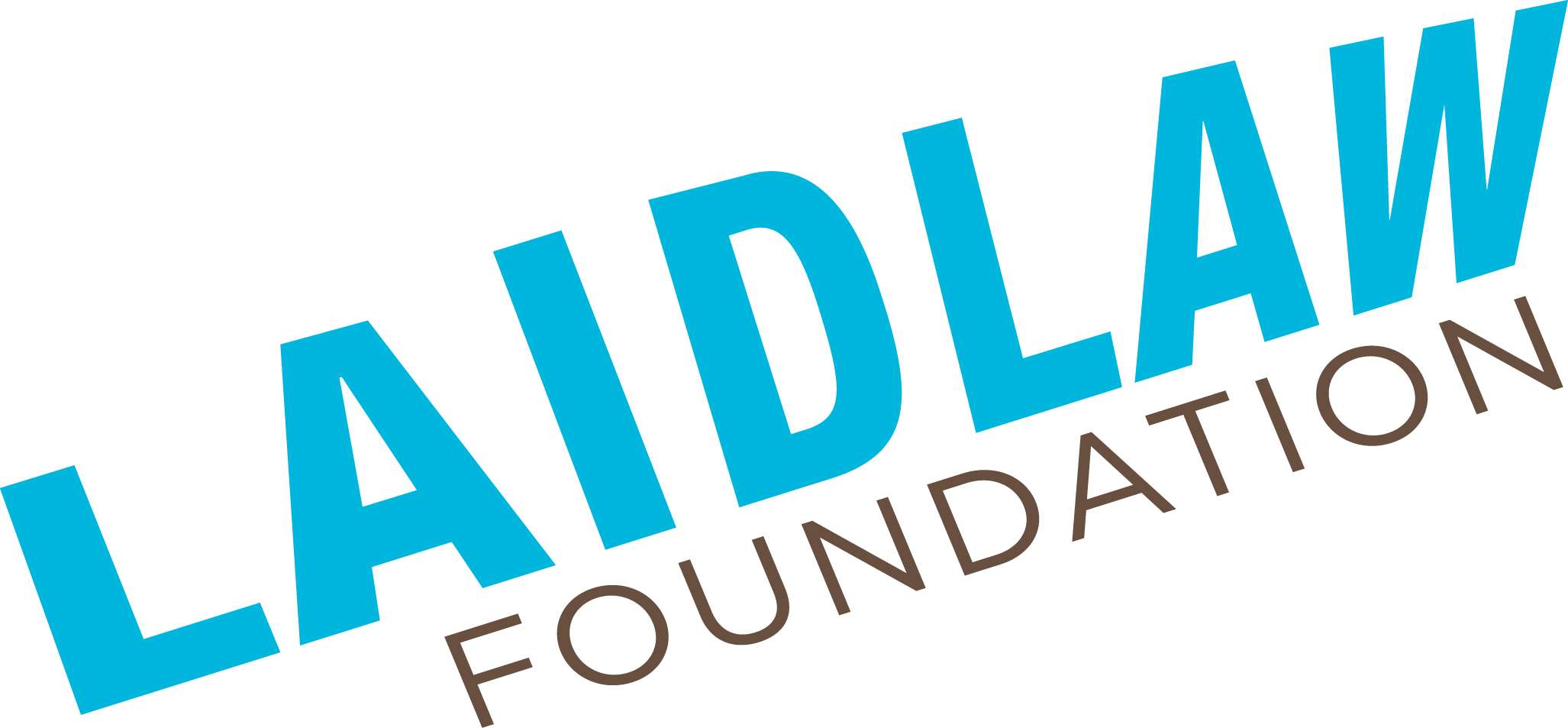Data and privacy frameworks
Data is a commodity but also a tool to help nonprofits tell their story
Ontario’s nonprofit sector is experiencing a data paradox. There is often so much data that nonprofits cannot harness it, and at the same time there is too little data that the sector can effectively use for its own growth and development. Nonprofits regularly collect mountains of vital data for, and about, the communities in which they work while data on the sector provides a pulse check on the health of our social infrastructure.
The sector is eager to use data as a tool to bring diverse stakeholders together in tackling complex systemic issues, make strategic decisions, measure progress and outcomes, inform policy and planning, and advocate for change.
While there is a lot of data work happening within the sector, the data being collected is not often well utilized, is rarely reflected back to organizations themselves, and almost never shared with the people and communities that have contributed to the data collection. Decisions on who collects data, what definitions or parameters are used, how it is reviewed or analyzed, and how it is used to inform decision-making processes are all subject to human bias and histories of systematic oppression.
Black, Indigenous, and racialized communities have ample historical reasons to be wary (and even fearful) of data collection and use as their needs, concerns, and voices are often absent in data conversations. Yet they are on the forefront of advocating for greater ownership, representation, and control over data pertaining to equity-deserving communities.
Public policy that ensures that the Ontario nonprofit sector’s data is ethically used and appropriately leveraged to support learning and data-driven decision-making and safeguards the privacy rights of individuals will enable the nonprofit sector to model and champion data as a key ethical decision-making tool.
Key areas of focus for advancing data and privacy frameworks
As data becomes a commodity, protections for the commercialization of data are needed, as are privacy legislation and regulations that ensure an ethical approach to the treatment of personal information in the public, private, and nonprofit sectors.
We advocate for:
Comprehensive data about the nonprofit sector through open data opportunities such as the Ontario Business Registry, Canada Revenue Agency administrative data, Federal enterprise registries, and provincial/federal grants agreements data, and Statistics Canada studies on the nonprofit sector.
Ethical and accessible data through the Ontario Data Catalogue where nonprofits can ask for prioritized data sets for release, ethical administrative data linking and sharing across provincially-funded programs and ministries, and the collection and expanded use of disaggregated data across all government levels.
Privacy legislation that is developed with nonprofits in mind as stewards of personal data and advocates of equity-deserving communities’ ownership of their data, is harmonized with existing frameworks nonprofits are subject to, and safeguards for data held by public benefit nonprofits and AI use for the public benefit.
Ways nonprofits can take action to support data and privacy frameworks
- Connect with us if you are working on a data or privacy policy issue or if one in this focus area bubbles up for you and your networks. Put it in on our radar to engage in potential collective advocacy efforts.
- Review the Digital Governance Standards Institute (DGSI) standards.
- Learn more about data with these 101 resources.
- Explore ONN’s Data Evidence-Use Learning (DEAL) project and Framework for Nonprofit Data Strategies
- Browse Ontario’s Open Data Portal.
- Use the latest sector data.







